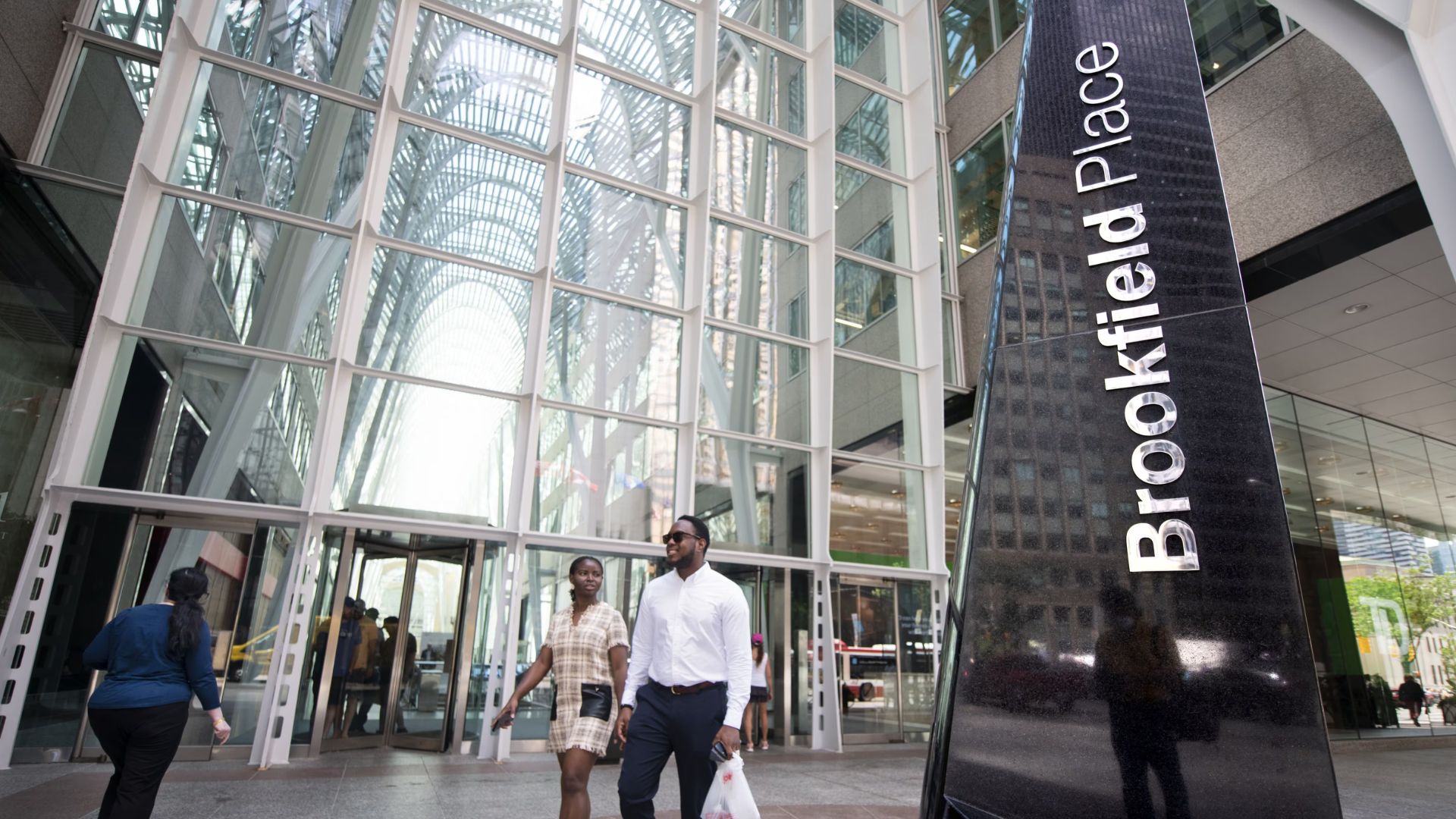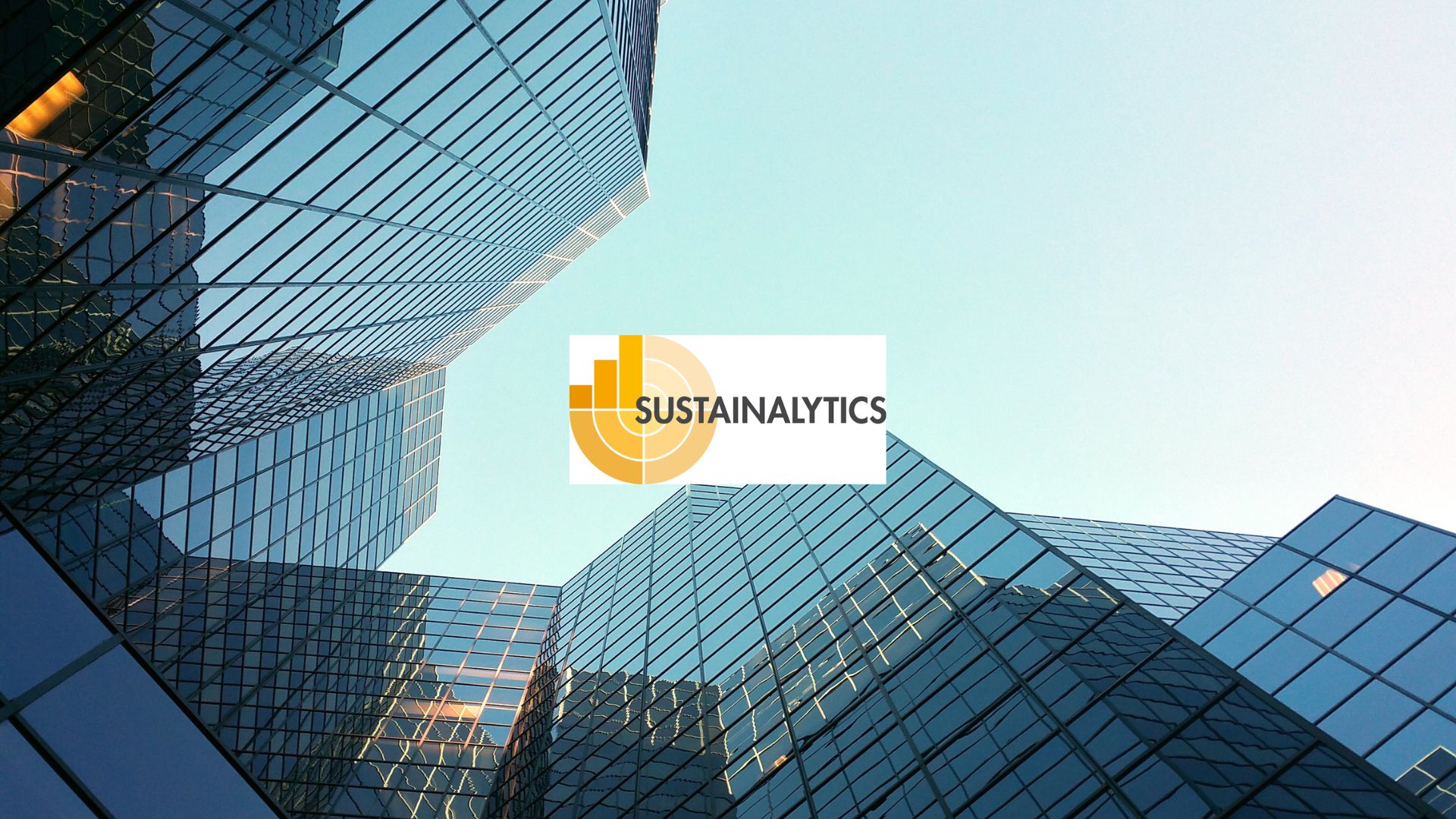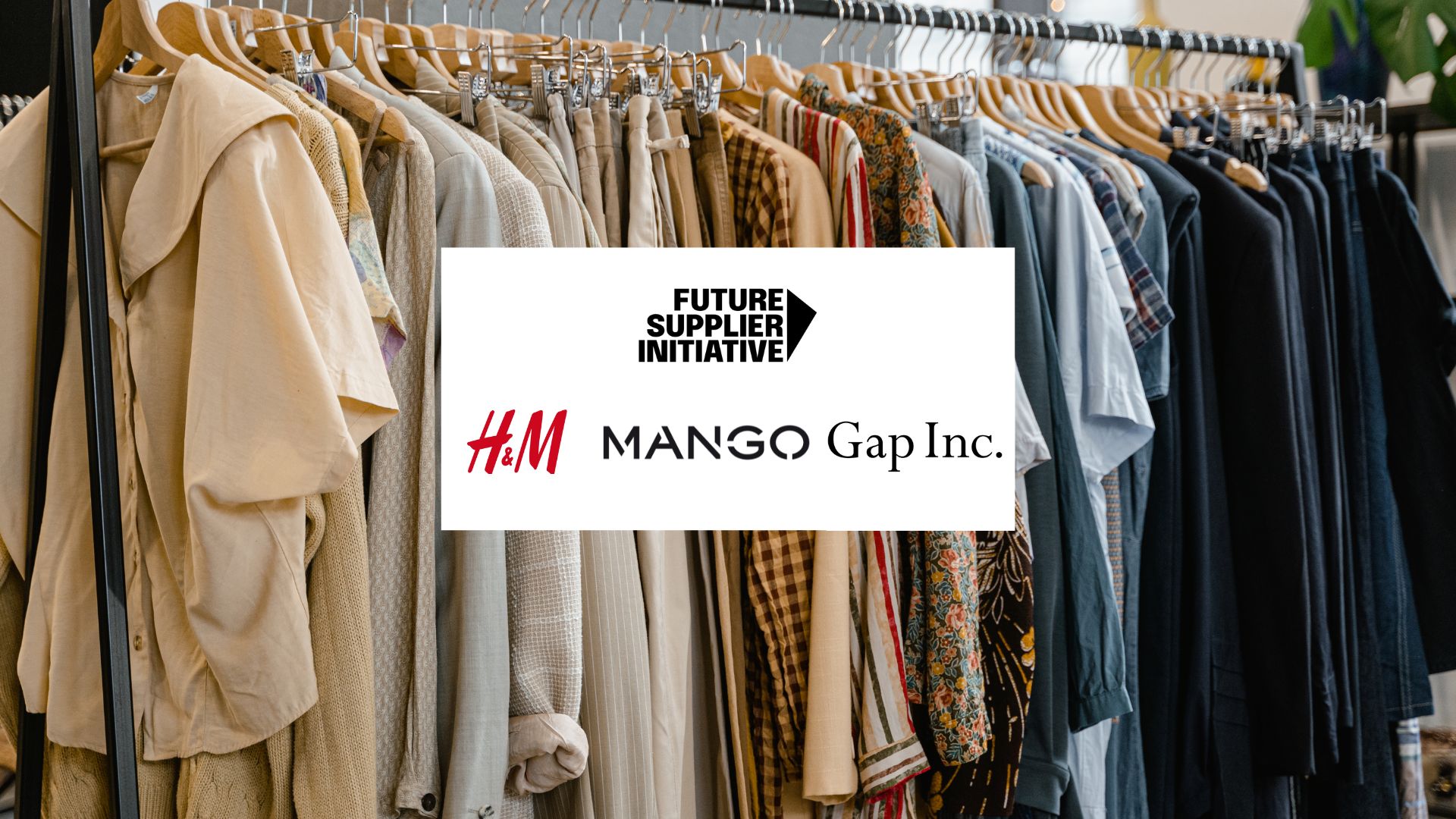Ellen MacArthur Foundation Initiates Drive for Circular Business Models in Fashion Industry

|
Listen to this story:
|
Fashion frontrunners set the pace on the road to a circular economy
Some of the world’s leading fashion brands are exploring ways to make money without making new clothes as part of a new initiative announced today by the Ellen MacArthur Foundation (21 May 2024).
Launched at the Global Fashion Summit in Copenhagen, The Fashion ReModel unites a group of industry frontrunners from across high street and high-end names, as well as others in the sector, to make circular business models the norm.
Arc’teryx, ARKET, COS, H&M Group, Primark, Reformation, WEEKDAY, and Zalando are among the first participants in the Foundation-led demonstration project. The initiative will identify solutions and overcome challenges to begin to decouple revenue from the production of new garments, advancing the long-term journey to make a circular economy for fashion a reality.
Today’s fashion industry largely operates on a take-make-waste model meaning millions of tonnes of clothing are produced, worn, and discarded every year.
Clothing production continues to grow with 100 billion new clothes put on the market every year – yet truckloads of garments end up in landfills or are incinerated every second.
Circular business models such as rental, resale, repair, and remaking are designed to keep products in use. A recent study from the Foundation estimated that it could grow to 23% of the global fashion market by 2030, representing a USD 700 billion opportunity to transform the future of fashion.
The Foundation – an international charity dedicated to accelerating the transition to a circular economy – hopes that the project will provide the starting point to transform how business is done with the support of policymakers in fashion.
Jules Lennon, Fashion Lead at the Ellen MacArthur Foundation, said: “Through their participation in The Fashion ReModel, this group of organisations are taking the next step on the road towards a circular economy for fashion.
“In order to challenge conventional linear models and create a new normal, brands must decouple revenue from production by accelerating efforts to redesign the products of the future, as well as rethinking the services and business models which deliver them to customers and keep them in use.
“The fashion industry is rooted in reinvention and we welcome business-led action towards a world where, instead of being worn once and discarded, clothes can be used many more times and threaded through the lives of more people.”
The Foundation believes that the shared learnings and experiences will forge the path towards a more resilient fashion industry.
Leyla Ertur, Head of Sustainability at the H&M Group, said: “We’re looking forward to working with the Ellen MacArthur Foundation again. The Jeans Redesign pushed us to explore what circular design could mean for our product assortment and now The Fashion ReModel is set to do the same with circular business models.
“The opportunity presented by decoupling the fashion industry’s growth from resource use is huge and this project can help us better understand how to further scale these models.”
Dominique Showers, Vice President of ReBIRD at Arc’teryx, added: “Arc’teryx is committed to a circular future, building products to last and equipping our guests with the tools and education to keep their gear in play.
“We’re excited to be one of the first participants to join the Ellen MacArthur Foundation’s demonstration project, The Fashion ReModel, to reimagine circularity for the outdoor industry, rethinking the way we approach design and waste to build a future in which everything we create can be given a second life.”
The new initiative launched by the Foundation follows The Jeans Redesign project, which ran from 2019-2023 and tasked participants to reimagine the wardrobe staple to be fit for a circular economy.
Related Article: Shaping the Future of Fashion: Sustainable Practices and Realistic Solutions
Insights from the project showed that building on the redesign of products, more action was needed to transform the systems those products enter and the infrastructure that delivers and keeps them in use.






